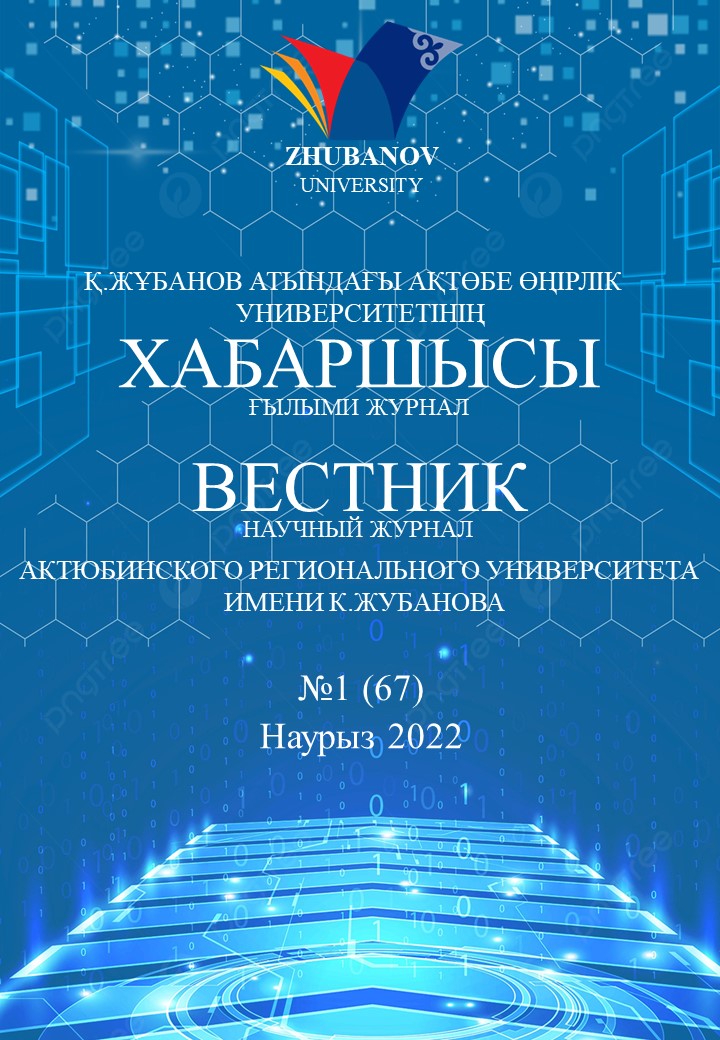The new vocabulary of the coronavirus pandemic is the most striking manifestation of the process of sustainable formation of a new vocabulary by the mass consciousness, striving to overcome the catastrophic consequences of the pandemic through formulation and understanding. This article discusses the concept of neologism and new lexical units that appeared in the English language during the coronavirus pandemic. The emergence of new lexical units in English is a natural phenomenon, since all the news in the world appears in English and spreads throughout the world in this language. New words allow the language to remain alive and flexible to develop according to the epoch. The
neologisms studied in the article were taken from open sources, such as online dictionaries, online samples of periodicals, social networks and news portals. Coroneologisms were studied based on the collected data, and the selected neologisms were grouped by their meaning. Neologisms that have appeared in connection with the coronavirus perform such functions
as overcoming people's fear through language games and reducing pressure and stress in society along with the activity of naming new concepts.
- Denis Jamet. The Neological Functions of Disease Euphemisms in English and French: Verbal Hygiene or Speech Pathology? // Lexical and Semantic Neology in English.// Lexis - Journal in English Lexicology. 2018. №12
- Janssen, M. Orthographic Neologisms: selection criteria and semi-automatic detection. Instituto de Linguística Teórica e Computacional, 2011.
- Лыков А.Г. Современная русская лексикология (русское окказиональное слово). – М.: Высшая школа, 1976.
- Cabré, M. Teresa. 1999. Terminology: Theory, methods, and applications. Amsterdam: John Benjamins Publishing Company. Translation of: La Terminología: Teoría, metodología, aplicaciones. Barcelona: Editorial Antártida, 1992.
- Рабиға Сыздық. Қазақ тіліндегі ескіліктер мен жаңалықтар. Ғылыми-тынымдық зерттеу. –Алматы: Арыс баспасы, 2009.
- Фархадова Г.И. Влияние глобализации на обогащение лексического фонда современных языков/ Г.И. Фархадова // Вестник КазНУ. Филологическая серия. №1 (181), 2021 – с.143-150
- John Kelly. Coronavirus: The Words You Need To Understand The News, Published April 26, 2020

